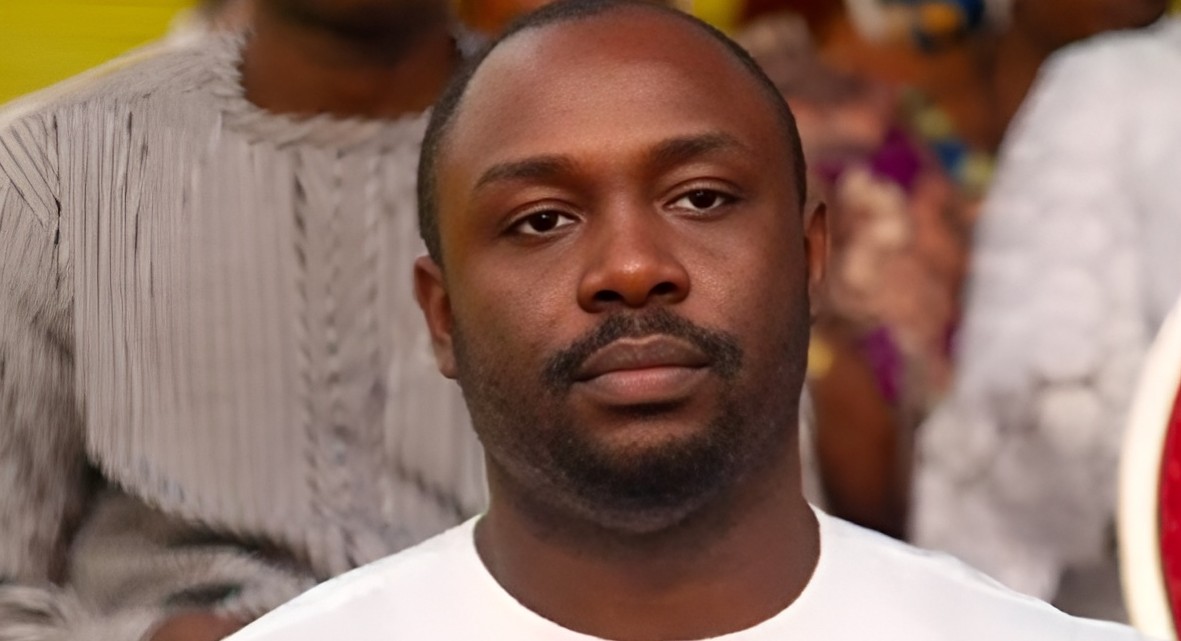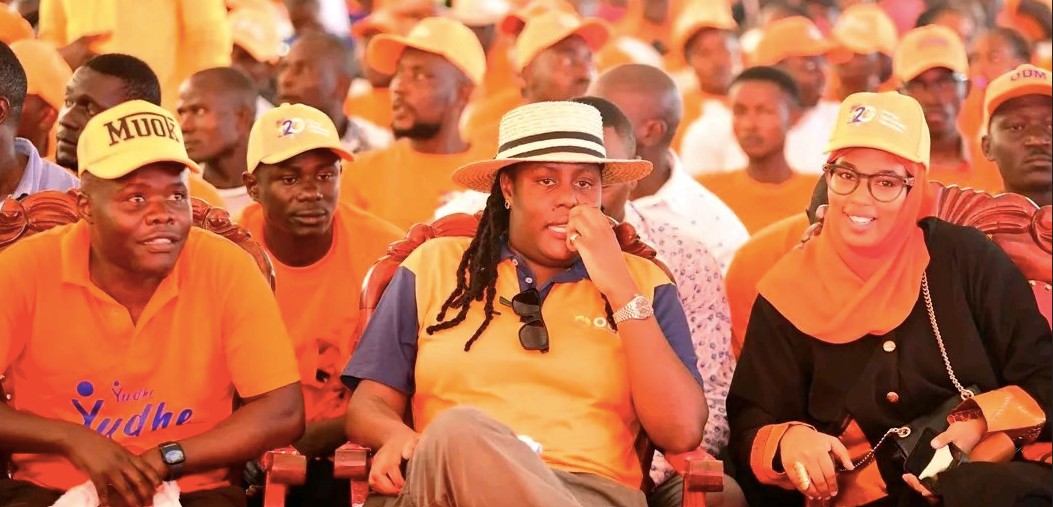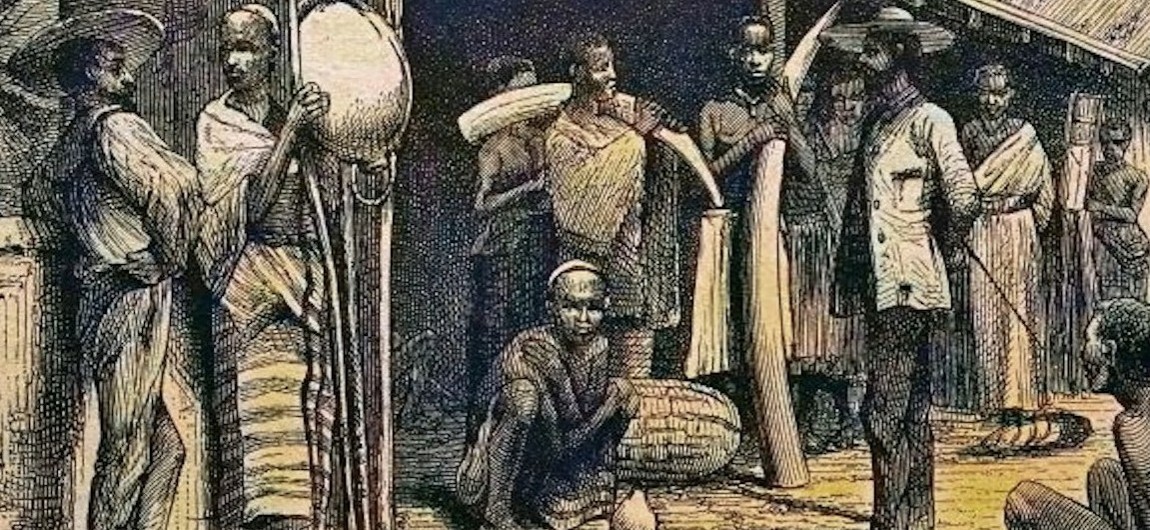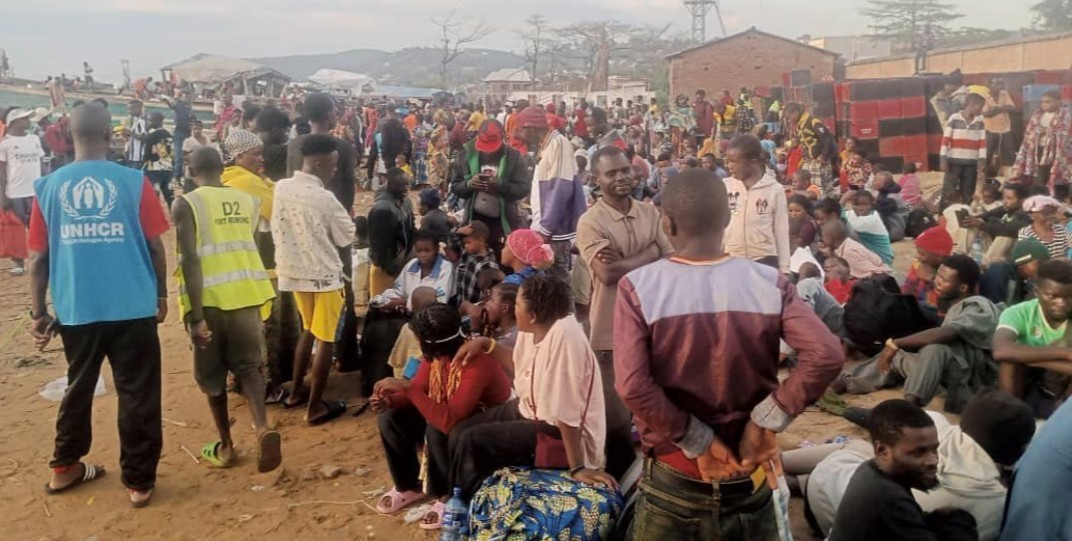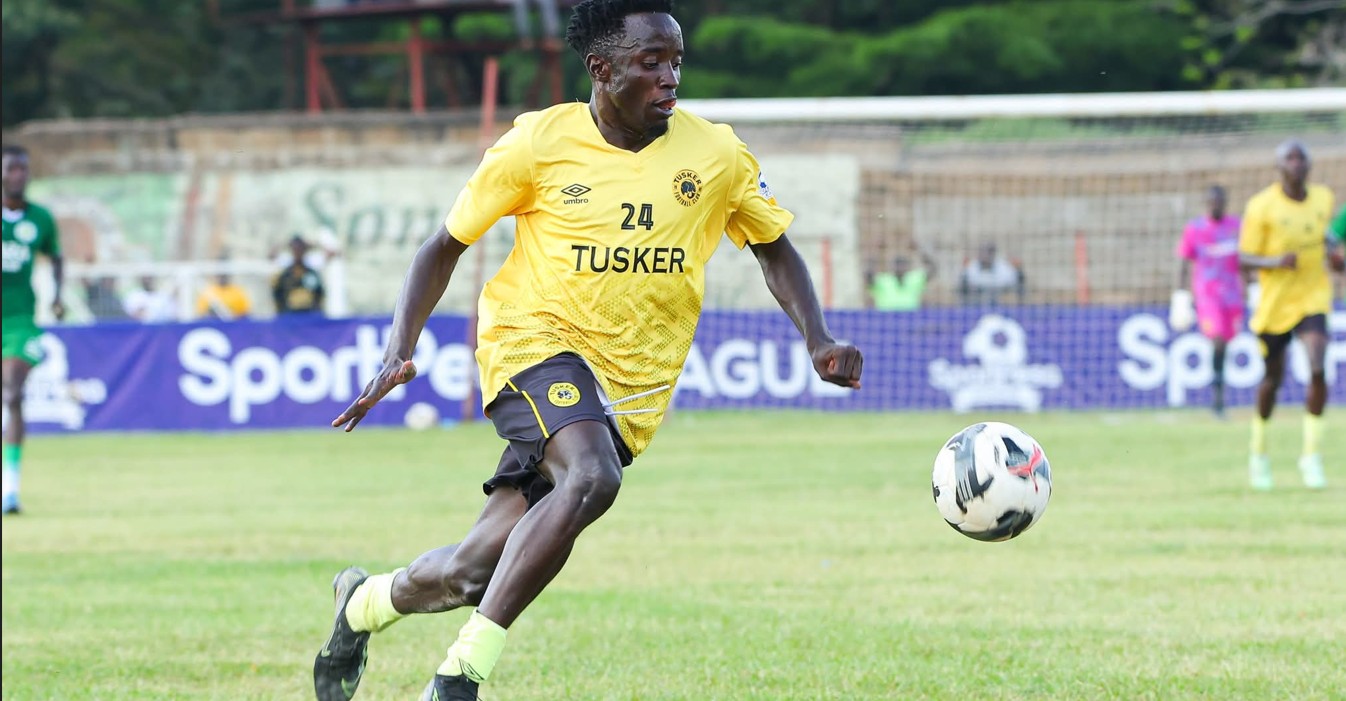Gen Z protests help bring forth Faith Odhiambo’s resolve for bolder LSK
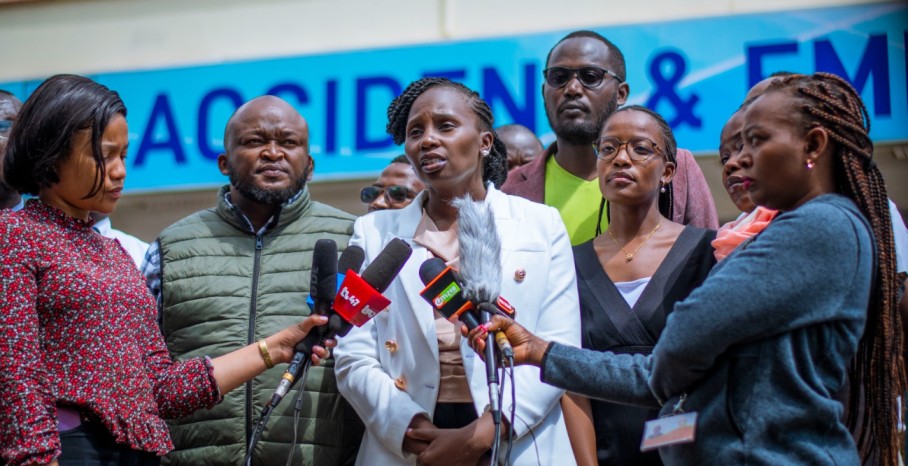
Her zeal in defending the rights of Kenyans was quickly noticed, with many praising her unrelenting determination.
As the countrywide protests spearheaded by Gen Z took Kenyan by storm, Law Society of Kenya (LSK) President Faith Odhiambo found herself at the centre of the ensuing events.
She kept moving from one police station to another seeking the release of demonstrators who had been arrested.
More To Read
- President Ruto confers Senior Counsel rank on 54 top Kenyan lawyers
- LSK condemns violence in by-elections, warns of gaps ahead of 2027 polls
- Police boss Douglas Kanja opposes retirement age cap for IG, deputies
- Court strikes out LSK President Faith Odhiambo from consolidated rights petitions
- LSK announces March 2026 elections for key leadership positions
- Ruto appoints KNCHR boss Claris Ogangah as Vice Chair of Protest Victims Compensation Panel, replacing LSK's Faith Odhiambo
She also had to visit the Directorate of Criminal Investigations (DCI) headquarters on Kiambu Road to seek investigations into the recent abductions of people critical of the government by people believed to be state agents.
Odhiambo's zeal in defending the rights of Kenyans was quickly noticed, with many praising her unrelenting determination.
Her actions have been to restore the lost glory of the once highly regarded and vocal society that seemed to have lost its voice in recent years.
In its heyday, LSK commanded respect. Since its formation in 1948, its word, especially on matters that touched on the country, was taken seriously.
But for a while now, the public has been relying on public interest activists like Busia Senator Okiya Omtata and the civil society to fight for their rights instead of LSK.
Odhiambo became the LSK president in March, becoming the second woman to head the lawyers' umbrella body after former Defence CS Raychelle Omamo.
Out of the five candidates who vied to lead the LSK, Faith Odhiambo, who had been the council's vice president emerged as the winner.
Police excesses
In an interview with The Eastleigh Voice, Odhiambo said she is enraged by the excesses of police and government officials who are sensitive to the cries of the public.
“We emphasised our concerns over the draconian, unconstitutional tactics being deployed against Kenyan youth for exercising their democratic rights and raised our dissatisfaction with the apparent inaction by the DCI,” she said.
She gave the DCI a list of all abductees who are yet to be released and whose information has been brought to the LSK.
The council visited the DCI Headquarters at Kiambu Road for a meeting with the deputy director. We filed a formal report for investigations into the recent rampant abductions by unidentified persons believed to be a rogue faction of the police force. We emphasised our concerns… pic.twitter.com/RjwxpUuq0Z
— Law Society of Kenya (@LawSocietyofKe) June 28, 2024
“We intend to follow up on all outstanding cases and urge members of the public to raise the alarm and bring to our attention any new cases of abductions that may arise,” she said.
Odhiambo has also visited Kenyatta National Hospital to check on the status of victims of police brutality following the anti-Finance Bill protests.
LSK also went to court seeking to block the deployment of the military to the streets.
“Deployment of the military was done in haste and irrationally in response to the tension caused by the recent wave of protests against the enactment of the Finance Bill, 2024. There is no evidence of due consideration by the state organs, security council, or parliament before the gazettement as contemplated by the Constitution,” she said.
The court, in its ruling, agreed with the LSK’s arguments that the deployment fell short of the rigorous stipulations of Article 241 and relevant provisions of the Kenya Defence Forces Act.
The court found that the gazette notice engendered uncertainty as to scope, terms, conduct, and timeframe, but was of the view that the deployment was necessitated by the circumstances that arose on June 25 when the police appeared unable to control protestors.
In her view, Odhiambo said the violence that has been witnessed during the protests was perpetuated by or as a reaction to police excesses and arbitrariness.
She said that while the destruction of both public and private property and infrastructure is unacceptable, there is no evidence that the police were incapable of containing the situation if they performed their duties within the limitations of the law.
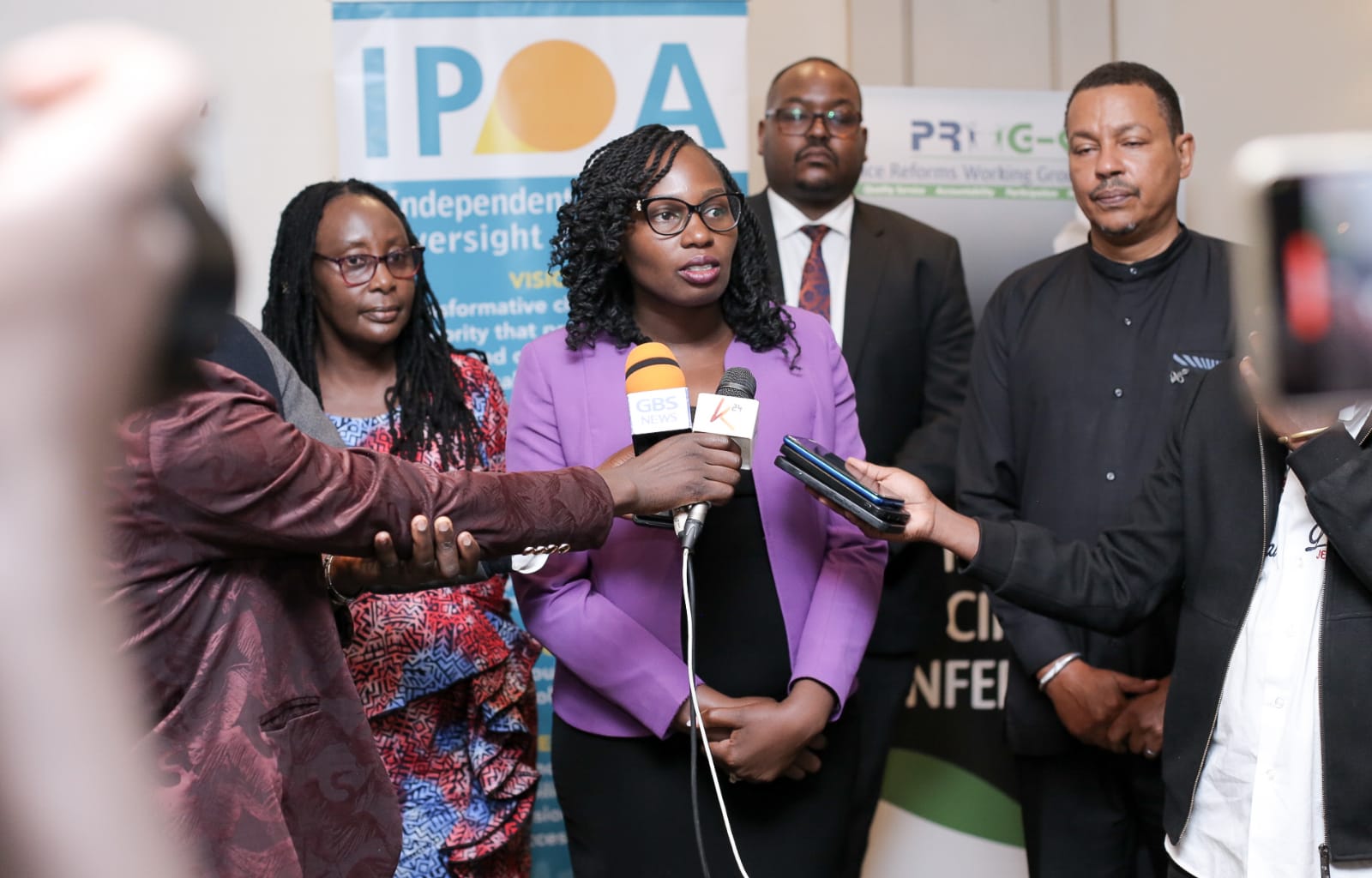 LSK President Faith Odhiambo speaks to the press during the National Policing Conference organised by the Police Reforms Working Group - Kenya in Nairobi on April 29, 2024. (Photo: X/Faith Odhiambo)
LSK President Faith Odhiambo speaks to the press during the National Policing Conference organised by the Police Reforms Working Group - Kenya in Nairobi on April 29, 2024. (Photo: X/Faith Odhiambo)
Background
Odhiambo is multi-lingual, having studied basic Arabic, and Italian. She is fluent in the Luo language, Kiswahili and English.
She holds a law degree from the Catholic University of Eastern Africa, a diploma in law from the Kenya School of Law, and a master's degree in International Commercial Law from the University of Kent, UK.
She is a member of the Chartered Institute of Arbitrators-UK (MCIarb). Besides being a professional in legal matters, she is a Certified Public Secretary (CPS).
Odhiambo is a PhD student at the University of Nairobi, with her research focusing on competition law, consumer protection law, telecommunications law, banking law, financial services, arbitration, and alternative dispute resolution.
She is also covering societal topics including women's and children’s rights, climate change, human rights, intellectual property rights, and economic law.
Odhiambo is also a lecturer at the University of Nairobi’s School of Law.
Besides being a member and leader of LSK, she served as board secretary of the Federation of Women Lawyers-Kenya (Fida-Kenya). She is a partner at Ombok and Owuor LLP Advocates and a consulting partner at MMA Advocates and the UoN.
She said being a law lecturer has made her understand the plight of young advocates.
During her campaign, she vowed to deal with all cases of corruption.
"We are lawyers and if we serve the public, we are not going to allow any corrupt officials to enrich themselves," she said.
She has been emphasising the need for all corrupt judicial officers to abandon the vice and serve with integrity.
Growing up, her mother saw to it that she and her siblings were always busy doing various courses, leaving little room for mischief, also because she did not believe in the straitjacket approach of being confined to one skill. Her father, a lecturer at Maseno University, also encouraged academic progress for his children.
“As a child, I loved the drama series called The Practice. What stood out for me was one litigant called Eleanor, the way she stood before the court, how she argued, and the fact that it was a big deal for a woman to be presenting a case before the court,” said Odhiambo.
Odhiambo came at a time when LSK was rocked by public leadership feuds for over two years, making the society develop a fractured reputation.
She said the public should benefit from her leadership in tangible ways, and should expect a more robust law society, one that will seek to work with the government to protect the rule of law.
“People look up to us to resolve disputes, to direct them on what is the best route to take when they are having challenges. So, if we cannot put our house in order, then what position are we in to tell the public how to address their challenges and their problems?” she posed.
Top Stories Today

